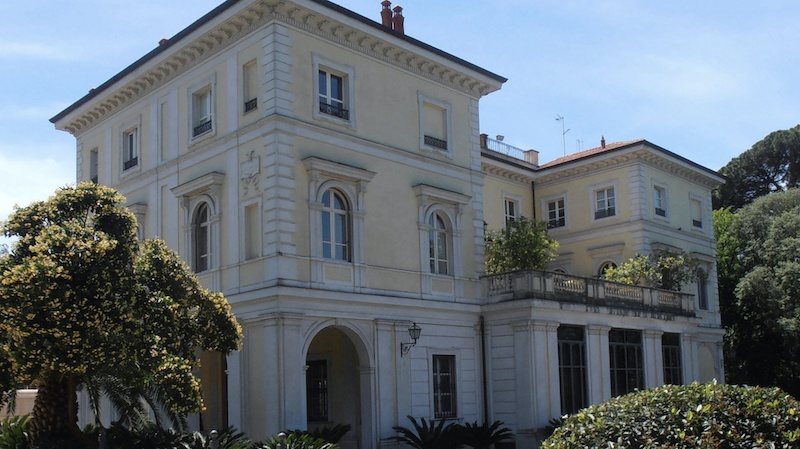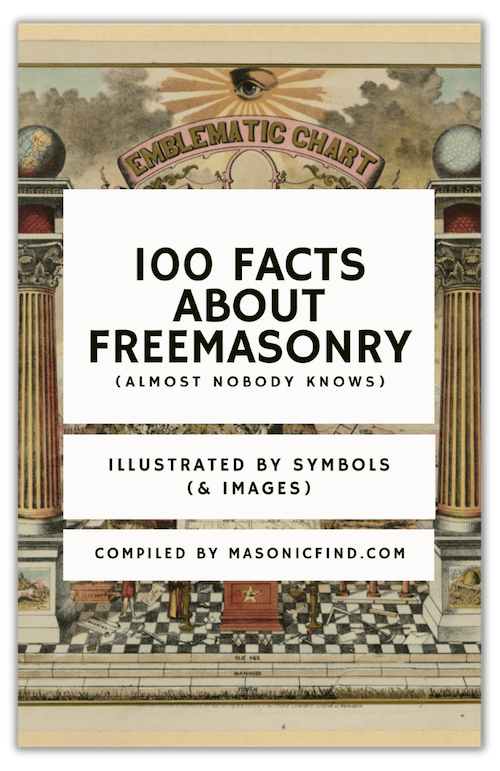Outside of Masonry, we have lives; we have duties to God, country, neighbor, family, and ourselves. We also have careers (or at least jobs).
Some of us are in university full-time. I am aware of petitioners, candidates, and Masons being told that their time commitment to the Lodge is a few hours per month.
Is this true? If not, then one may ask:
“How much time do I need to commit to Freemasonry?”
The answer is truly simple: as much time as you are willing to give to it.

The Minimum Expectations
Memorization Work
In order to become a Freemason, you will have to show that you are proficient in each of the degrees of Masonry.
In many jurisdictions, this means memorizing a catechism (a question-and-answer exchange) that describes the ceremonies of each degree.
You will have to become proficient in one degree before moving on to the next (unless you are taking a Grand Master’s acceleration class, in which case you will likely have to do all three proficiencies after having been raised to the degree of Master Mason).
Such memorization work takes time and requires being coached by a member of the Lodge who is already proficient.
Stated Meetings
In some jurisdictions, you will be permitted to attend stated meetings right after you’ve been initiated an Entered Apprentice; in others, you will have to wait until after you have passed your Master Mason proficiency.
Once you are permitted to attend stated meetings, it will be hoped and expected that you do so.
By and large, Lodges meet on a regular monthly basis (although I have heard of Lodges here and there that meet twice per month; there are also some few that meet quarterly).
This stated meeting is what is referenced when you are told that the minimum time commitment is only a few hours per month.
Voluntary Offices
More Memorization Work
Most offices in Masonry require memorization work both for stated meetings and for degree ceremonies.
For stated meetings, this mostly has to do with memorizing the duties of your office (as applicable; there are very few offices that will not require this); for degree ceremonies, this has to do with your role in officiating in the ritual in order for the candidate to have an impactful and meaningful experience.
This can all include lines to be recited; how, where, and when to move about the Lodge room during the degree ceremony; and how to help the candidate do the same (since the candidate is not going to have anything memorized himself).
Degree Teams
A degree team is like a cast of actors; their purpose is to help put on the ceremonies of each degree.
In addition to the officers’ parts for degree ceremonies, there are other roles that must be filled, preferably by other members of the Lodge, though it is not necessarily required that these be performed by others.
For example, when I was raised to the degree of Master Mason, there were only four people in attendance: the then newly installed Worshipful Master, Senior Warden, and Secretary (who did the entire raising between the three of them), and myself as the candidate.
That stated, what is required and what is preferred are two completely different animals. I believe that my own raising, as impressive as it was, strained the three who performed it for me (thank goodness that they are such impressive ritualists).
Even if you are able to start by memorizing a small lecture (for example, the lecture explaining the working tools of one of the degrees), then you will be helping to lessen the burden on someone else when the time comes to recite it to the candidate in the degree ceremony.
Voluntary Committees

Your Lodge has a number of committees to which work that must be done is delegated. Such committees may include (but are not limited to) a(n):
- Grievances Committee (for reconciling differences between brethren)
- Charity Committee (to assist with the relief of worthy, distressed brethren, their widows, and/or orphans)
- Education Committee (for putting on educational programs for the Lodge)
- Auditing Committee (for examining and auditing claims brought against the Lodge)
- Special Committees (these are other committees that the Worshipful Master may institute as he deems necessary for any other purposes to benefit the Lodge and/or the community).
Participation in a committee helps the Lodge to render its respective duties to its members, to the Grand Lodge under which it is subordinate, and to the community of which the Lodge is a part.
It is a wonderful way to get to know your brethren and community; it is also a wonderful way to develop leadership skills, even if you are not the chairman of the committee of which you are apart.

FREE DOWNLOAD: 100 FACTS ABOUT FREEMASONRY (ALMOST NOBODY KNOWS)
Join the 10,000+ Brethren from around the world inside our weekly Masonic newsletter and get our best selling ebook for free (usual value: $20).
Being a Freemason does not require full-time service (although there are some who are fortunate enough to be able to serve as “full-time Masons,” whether due to retirement or due to other favorable circumstances).
You should truly only give it the time that you can afford; to give Masonry a priority over your respective duties to God, country, neighbor, family, or self would be detrimental and unmasonic.
I have the following pieces of advice to Masons and to those who are looking at becoming Masons:
- Start memorizing parts (even small parts, like the apron lecture or a working tools lecture).
- This is how you learn the principles and values of the Craft.
- Do NOT commit to a position if you do not know that you will be able to fulfill it.
- If you do commit to a position and you find that you cannot make it to a meeting pertinent to that position, please inform the Worshipful Master as far ahead of time as possible so that he can make other necessary arrangements.
As it is commonly said, “You get out of it what you put into it.”
This applies to all of the worthwhile things in life, including Freemasonry.
If you cannot put in the time that you’d like right now, then simply do your best, put the time in when you can, and focus on being the best person that you can be.
After all, that is the end-goal of Freemasonry in the first place.
This article was written for MasonicFind.com by WM-Elect Brandon Cole.
I like this readings, they truly make me aware and open minded about Masonic issues. I admire this page.